-

Phytase CAS:37288-11-2 Manufacturer Price
Phytase is the third generation of phytase, which is a single enzyme preparation using advanced liquid submerged fermentation technology and processed by unique aftertreatment technology. It can hydrolyze phytic acid to release inorganic phosphorus, improve the utilization rate of phosphorus in feed, and reduce the use of inorganic phosphorus sources, and promote the release and absorption of other nutrients, reducing the cost of feed formulation; At the same time, it can also reduce the emission of phosphorus in animal feces and protect the environment. It is a green and environmentally friendly feed additive.
-
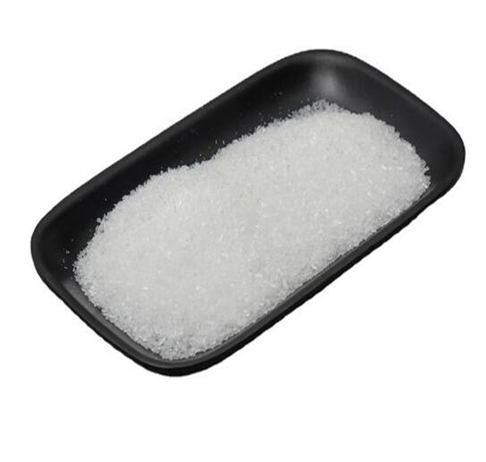
Diammonium Phosphate (DAP) CAS:7783-28-0
Diammonium Phosphate (DAP) feed grade is a commonly used phosphorus and nitrogen fertilizer that can also be used as a nutritional supplement in animal feed. It is composed of ammonium and phosphate ions, providing both essential nutrients for animal growth and development.
DAP feed grade typically contains a high concentration of phosphorus (around 46%) and nitrogen (around 18%), making it a valuable source of these nutrients in animal nutrition. Phosphorus is vital for various physiological functions, including bone formation, energy metabolism, and reproduction. Nitrogen plays a crucial role in protein synthesis and overall growth.
When incorporated into animal feed, DAP feed grade can help meet the phosphorus and nitrogen requirements of livestock and poultry, promoting healthy growth, reproduction, and overall productivity.
It is important to consider the specific nutritional needs of the animals and work with a qualified nutritionist or veterinarian to determine the appropriate inclusion rate of DAP feed grade in the feed formulation.
-
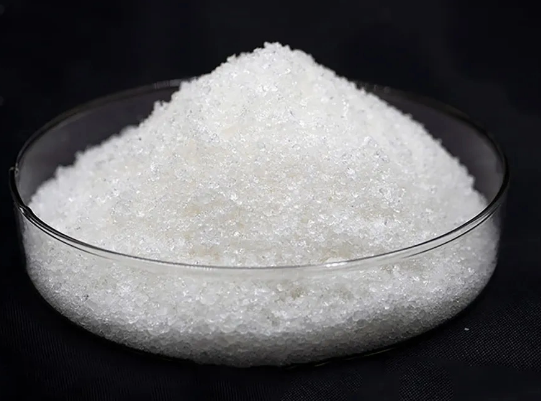
Monosodium Phosphate (MSP) CAS:7758-80-7
Monosodium Phosphate (MSP) feed grade is a phosphorus-based feed additive used to provide essential nutrients and promote animal health. It acts as an acidulant and pH regulator, improving feed digestion and utilization, as well as enhancing reproductive performance. MSP feed grade facilitates the formulation of balanced rations for different animal species and production stages, ensuring optimal nutrient intake.
-
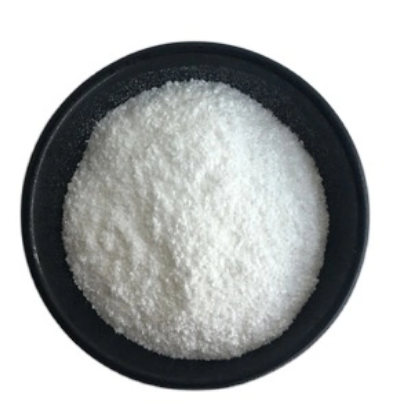
Cellulase CAS:9012-54-8
Cellulase is made from the strain of Trichoderma reesi through cultivation and extraction technique. This product can be used for feedstuff, brewing, grain processing, treatment of textiles with cotton, , stick gum or yarn as plus material and Lyocell fabric. It can also be used for the stonewash of jean garments together with pumice, or solely used for the ferment washing of different styles of jean fabric.
-

Tricalcium Phosphate (TCP) CAS:68439-86-1
Tricalcium Phosphate (TCP) feed grade is a calcium and phosphorus supplement commonly used in animal feed. It is a white, powdery substance that provides essential minerals for proper growth, bone development, and overall health in animals. TCP feed grade is easily absorbed and utilized by animals, promoting better nutrient utilization and improved performance. It is particularly beneficial for young, growing animals and can be used in various animal diets, including poultry, swine, ruminant, and aquaculture feeds. The inclusion level of TCP in animal feed should be determined based on specific nutritional requirements and diet formulation, following recommended guidelines and consulting with a nutritionist or veterinarian.
-
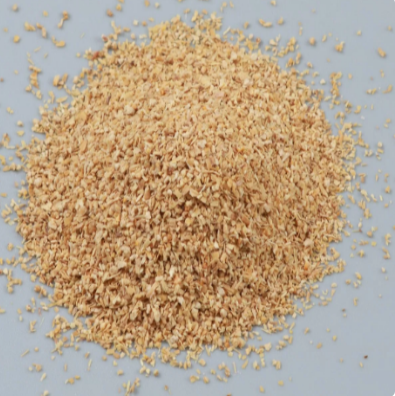
Vitamin B4 (Choline Chloride 60% Corn Cob) CAS:67-48-1
Choline Chloride, commonly known as Vitamin B4, is a vital nutrient for animals, particularly poultry, swine, and ruminants. It is essential for various physiological functions in animals, including liver health, growth, fat metabolism, and reproductive performance.
Choline is a precursor to acetylcholine, a neurotransmitter that plays a crucial role in nerve function and muscle control. It also contributes to the formation of cell membranes and helps in the transport of fat in the liver. Choline Chloride is beneficial in preventing and treating conditions like fatty liver syndrome in poultry and hepatic lipidosis in dairy cows.
Supplementing animal feed with Choline Chloride can have several positive effects. It can improve growth, enhance feed efficiency, and support proper fat metabolism, resulting in increased lean meat production and improved weight gain. Additionally, Choline Chloride aids in the synthesis of phospholipids, which are critical for maintaining the integrity of cell membranes and overall cellular function.
In poultry, Choline Chloride has been linked to improved livability, reduced mortality, and enhanced egg production. It is particularly important during periods of high energy demand, such as growth, reproduction, and stress.
-

Dicalcium Phosphate (DCP) CAS:7757-93-9
Dicalcium Phosphate (DCP) is a feed grade supplement commonly used in animal feed formulations. It is a highly bioavailable source of phosphorus and calcium, essential nutrients for proper growth, bone development, and overall animal health. DCP feed grade is produced through the reaction of calcium carbonate and phosphate rock, resulting in a white to light gray powder. It is typically added to livestock and poultry feeds to ensure optimal nutrient balance and promote improved feed utilization and productivity. DCP feed grade is considered safe and effective in meeting the dietary requirements of various animal species, including poultry, swine, cattle, and aquaculture.
-

β-Glucanase CAS:9025-70-1 Manufacturer Price
Beta-Glucanase BG-4000 is a kind of microbial enzyme produced by submerged culture. It is endoglucanase which specifically hydrolyzes beta-1, 3 and beta-1, 4 glycosidic linkages of Beta-Glucan to produce oligosaccharide containing 3~5 glucose unit and glucose.
Dextranase enzyme refers to the total name of multiple enzyme which can catalyze and hydrolyze β- glucan.
dextranase enzyme in plants exists with kinds of Complex molecules polymer together such as:amylum,pectin, xylan, cellulose, protein, lipid and so on. So, dextranase enzyme can be used only, but the more effective way to hydrolyzing cellulose is the mixed use with other relative enzymes, in which the use-cost will be reduced.
-
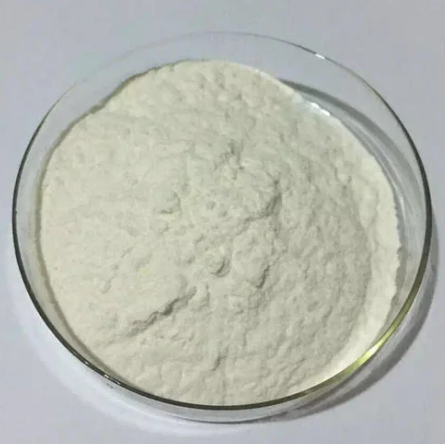
Mannanase CAS:60748-69-8
MANNANASE is an endo-mannanase preparation designed to hydrolyze the mannan, gluco-mannan and galacto-mannan in plant feed ingredients, releasing and making available the trapped energy and proteins. Through the submerged liquid fermentation production process as well as the comprehensive application of after-treatment technologies, Because of the high enzyme activity, the various preparations as well as their high efficiency these products can meet different needs. MANNANASE allows maximized use of nutrient dense, lower priced plant feed ingredients without the negative effects previously encountered.
-
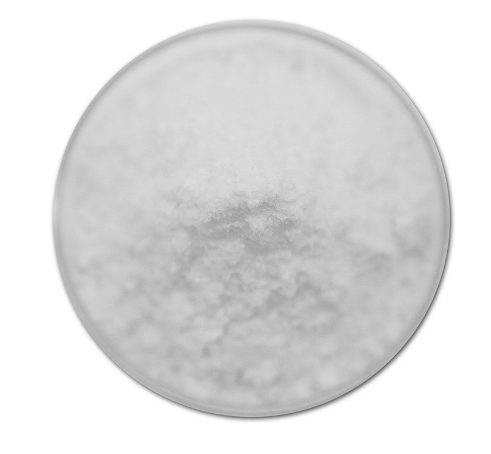
Vitamin AD3 CAS:61789-42-2
Vitamin AD3 feed grade is a combination supplement that includes both Vitamin A (as Vitamin A palmitate) and Vitamin D3 (as cholecalciferol). It is specifically formulated for use in animal feed to provide essential vitamins necessary for growth, development, and overall health.Vitamin A is important for vision, growth, and reproduction in animals. It supports the health of skin, mucous membranes, and immune system function.Vitamin D3 plays a critical role in calcium and phosphorus absorption and utilization. It aids in bone development and maintenance, as well as ensuring proper muscle function.By combining these two vitamins in feed grade form, Vitamin AD3 offers a convenient and effective way to supplement animal diets with these essential nutrients, helping to support their overall health and well-being. The dosage and specific usage guidelines may vary depending on the animal species and their specific dietary requirements, so consulting with a veterinarian or animal nutritionist is recommended to ensure proper supplementation.
-

Urea Phosphate (UP) CAS:4861-19-2
It is a NP water-soluble fertilizer with acid reaction for fertirrigation with a high percentage of nitrogen and phosphorus. It features a high degree of purity and solubility; the acid reaction favors absorption of N and P as well as the other nutritive elements present in the soil or added to the mixture. Nitrogen is present in the form of urea and phosphorus is totally water-soluble. This product, when used with hard water, prevents formation of scale and clogging in fertirrigation systems. The phosphorus contained is an excellent starter for crops, favoring root growth and rapid spring leafage by orchard crops.
-
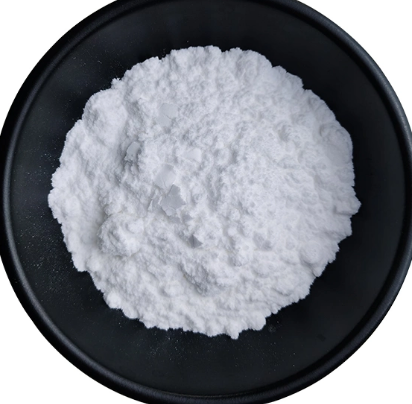
Lysozyme CAS:12650-88-3 Manufacturer Price
Lysozyme feed grade is a naturally occurring enzyme derived from egg white, which has been specially formulated for use as a feed additive in animal nutrition. It acts as an effective antimicrobial agent, helping to prevent the growth of harmful bacteria in the animal’s digestive system. By promoting gut health, lysozyme feed grade aids in improving feed efficiency and overall animal health. It is commonly used in poultry, aquaculture, and swine industries as a safe and natural alternative to antibiotics.

